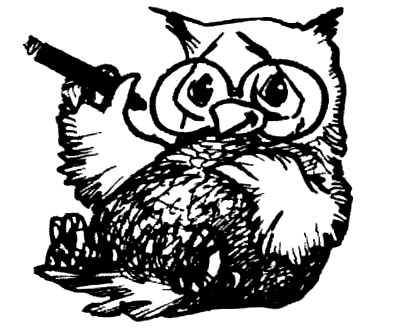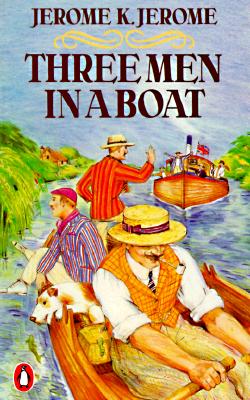I could not get either George or Harris to see the matter in its proper light, however; so, to save argument, I took the sculls. I had not been pulling for more than a minute or so, when George noticed something black floating on the water, and we drew up to it. George leant over, as we neared it, and laid hold of it. And then he drew back with a cry, and a blanched face.
It was the dead body of a woman. It lay very lightly on the water, and the face was sweet and calm. It was not a beautiful face; it was too prematurely aged-looking, too thin and drawn, to be that; but it was a gentle, lovable face, in spite of its stamp of pinch and poverty, and upon it was that look of restful peace that comes to the faces of the sick sometimes when at last the pain has left them.
Fortunately for us—we having no desire to be kept hanging about coroners’ courts—some men on the bank had seen the body too, and now took charge of it from us.
We found out the woman’s story afterwards. Of course it was the old, old vulgar tragedy. She had loved and been deceived—or had deceived herself. Anyhow, she had sinned—some of us do now and then—and her family and friends, naturally shocked and indignant, had closed their doors against her.
Left to fight the world alone, with the millstone of her shame around her neck, she had sunk ever lower and lower. For a while she had kept both herself and the child on the twelve shillings a week that twelve hours’ drudgery a day procured her, paying six shillings out of it for the child, and keeping her own body and soul together on the remainder.
Six shillings a week does not keep body and soul together very unitedly. They want to get away from each other when there is only such a very slight bond as that between them; and one day, I suppose, the pain and the dull monotony of it all had stood before her eyes plainer than usual, and the mocking spectre had frightened her. She had made one last appeal to friends, but, against the chill wall of their respectability, the voice of the erring outcast fell unheeded; and then she had gone to see her child—had held it in her arms and kissed it, in a weary, dull sort of way, and without betraying any particular emotion of any kind, and had left it, after putting into its hand a penny box of chocolate she had bought it, and afterwards, with her last few shillings, had taken a ticket and come down to Goring.

